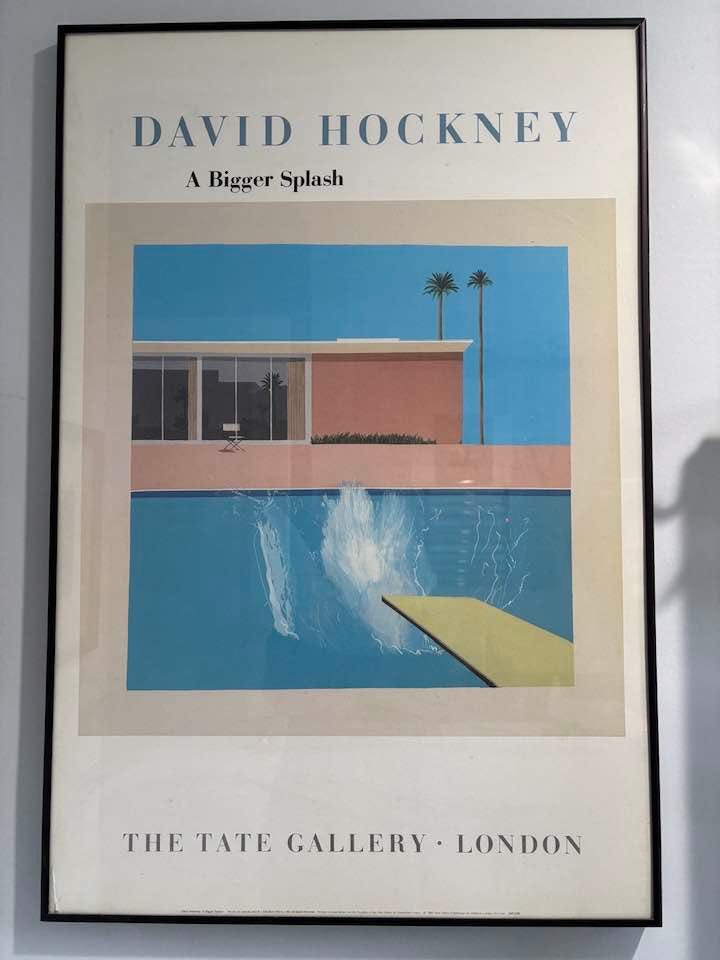WHEN I WAS IN NEW YORK, I would walk for miles on Broadway and Columbus Avenue, find a place to sit, and write something in a notebook. In Arizona where I walked, roses grew along the paths, and there were lemons and grapefruits to pick. There was the age of New York, and then there was the age of becoming something else with Richard. Now, it’s the age …
Keep reading with a 7-day free trial
Subscribe to Everything is Personal to keep reading this post and get 7 days of free access to the full post archives.




